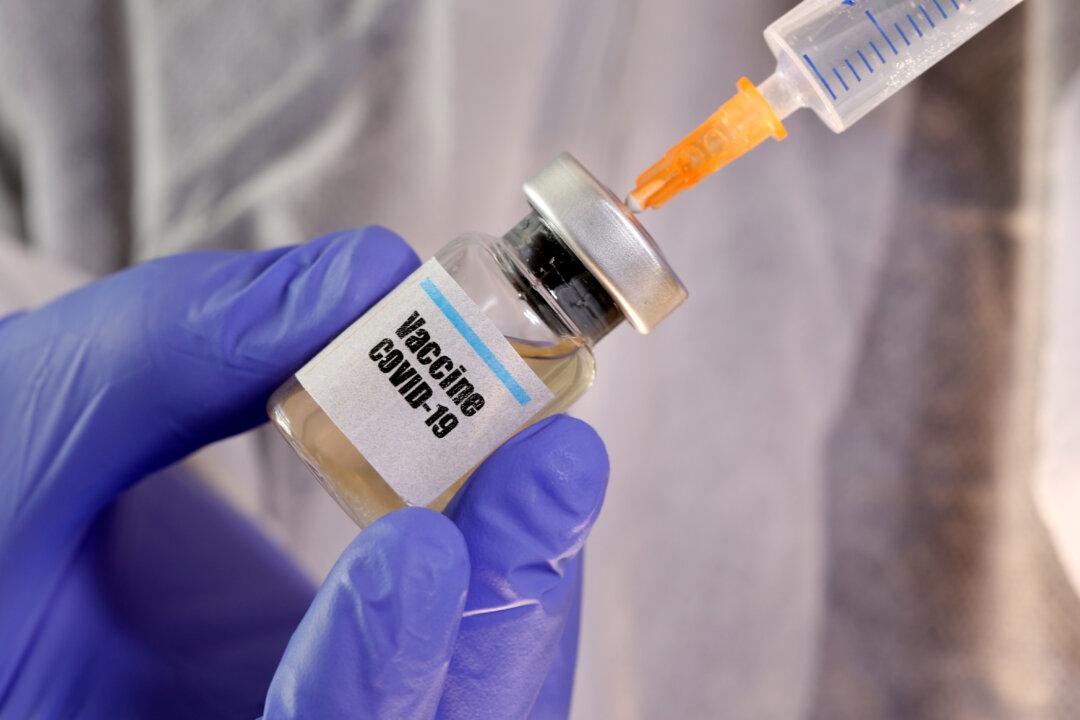Britain plans to be the first country to vaccinate healthy volunteers with COVID-19 vaccine candidates, then deliberately infect them with the virus, the government said on Oct. 20.
The “human challenge” vaccine trials will then compare the effects of different virus candidates on the volunteers and pinpoint any side effects, the government said in a statement.





